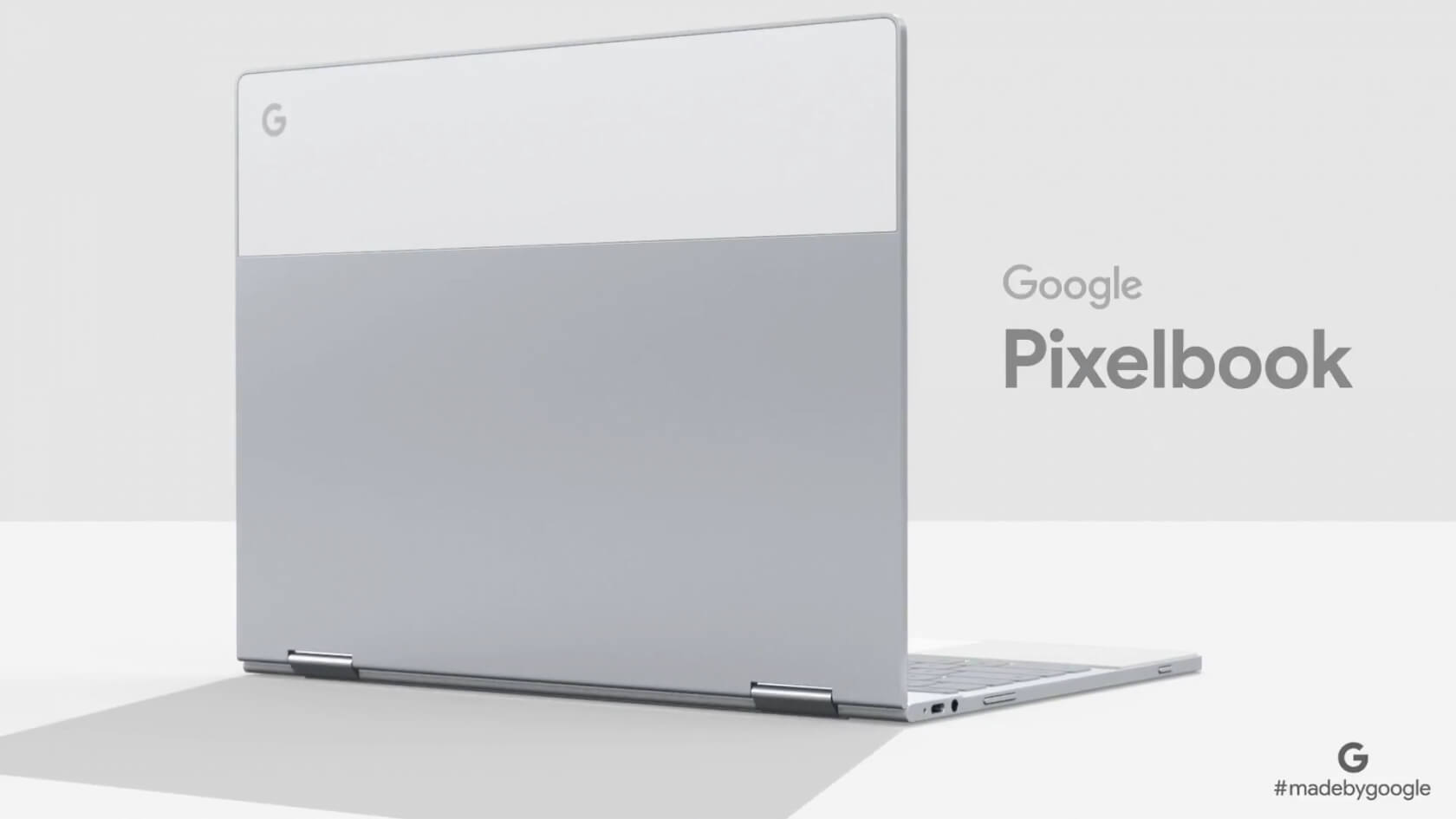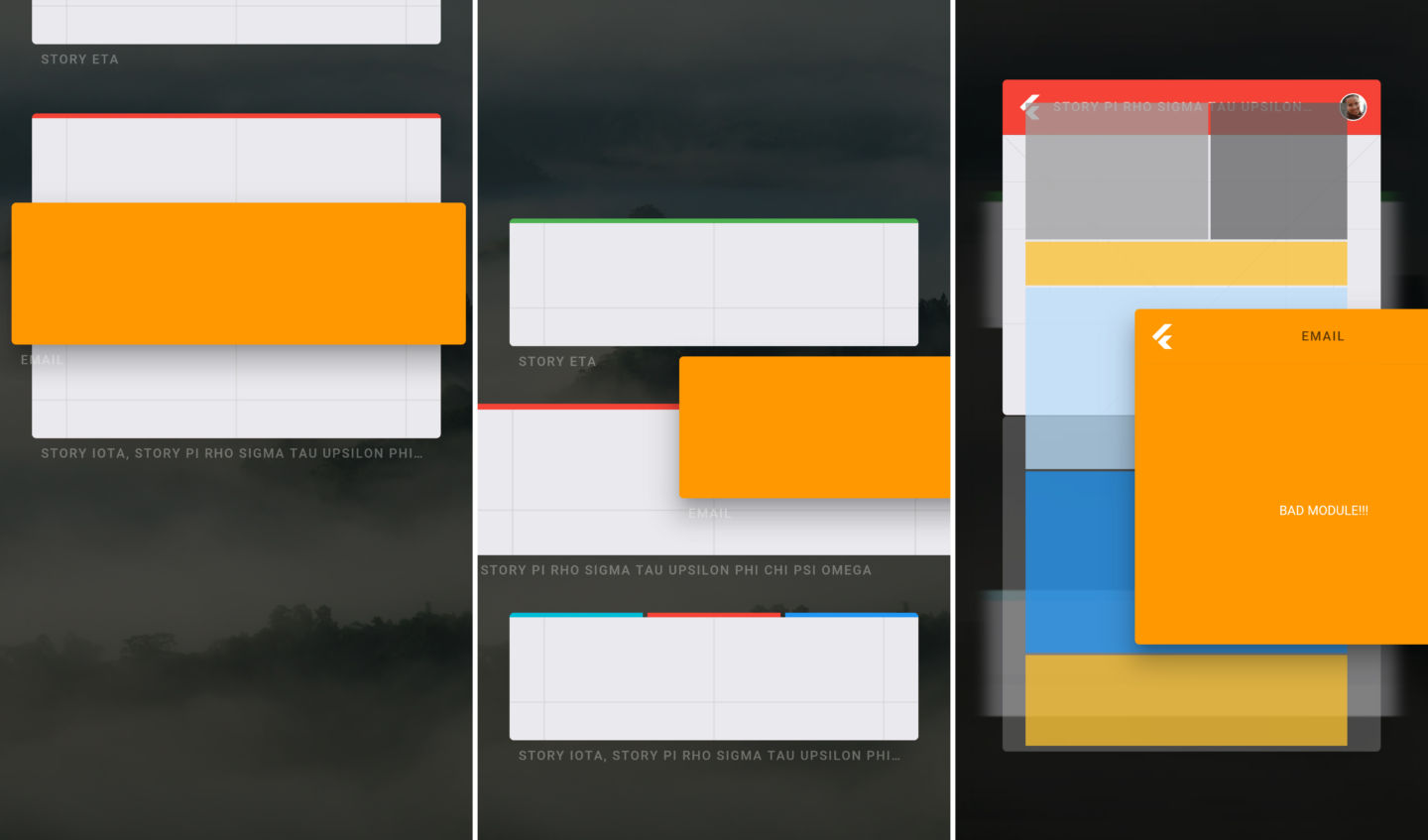Google has been developing a new operating system for well over a year now. While nothing has been said officially about Fuchsia, the project is of the open-source variety which means it's publicly visible.
Google isn't yet ready to clue us in on its intentions but the project is seemingly moving forward as the Pixelbook was recently added as an officially supported device for testing the OS. As Android Police highlights, Fuchsia's documentation additionally lists the Acer Switch Alpha 12 and Intel NUC as officially supported "target" devices, meaning the OS has been verified to work on these devices.
Those interested in experimenting with Fuchsia on the Pixelbook can follow this tutorial on how to put the device into developer mode and boot from USB.
Just last week, Google removed the Pixel-C from its online store. The Android 2-in-1 was unveiled in September 2015 but due to its age, Google saw fit to retire it.

The Pixelbook, meanwhile, was unveiled at Google's press event in early October 2017 alongside the Pixel 2 and Pixel 2 XL smartphones. The high-end Chromebook looks stunning although at a starting price of $999, it's more laptop (and perhaps way more Chromebook) than most buyers need or want.
Many believe Fuchsia will be used to power wearables, mobile devices and IoT gadgets but the possibility of bringing it to desktops is very real. Heck, it could even replace Android one day. For now, however, we'll have to be content with what Google gives us and keep our fingers crossed that this isn't simply another Google pet project that'll never materialize.
